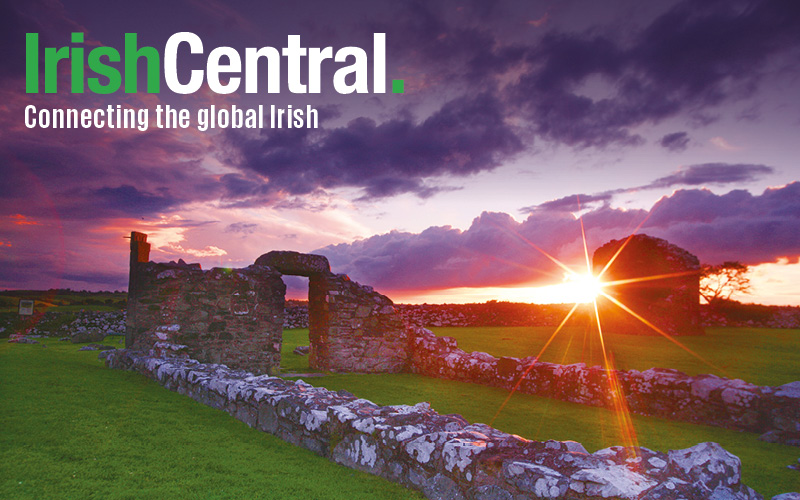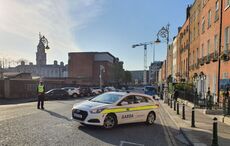Read more: Prince William’s royal wedding a target for IRA dissidents
Although many Americans argue that the full body searches and scanning technologies that have been implemented in airports across the country in recent months may be a violation of the civil liberties dictated by the Constitution and Bill of Rights, the British public are portrayed as generally more accepting of such measures due to their turbulent historical past.
Former CIA Agent Mike Baker was quoted by Fox News explaining why such actions limiting personal freedoms are taken in the United Kingdom.
"They went through homegrown terror issues with the IRA and they were bombed in WWII...There's more a mature acceptance in the U.K. of the trade-off between civil liberties and security," he told the news channel.
Security measures are at present being put into place, with the highly anticipated Royal Wedding being targeted by groups like the IRA. British police are on alert as the April 29 nuptials are fast approaching, creating not only a media circus in Britain and abroad, but also tenable concerns that dissidents may strike with brutal force.
Security procedures carried out by the police in the United Kingdom would not be thought twice about by British citizens, with Baker arguing that in the U.S. such courses of action would not go down well even for the sake of national security: "You're going to tell them what they can and can't do with their iPhone? That would drive people nuts."
One person who defends American attitudes against the limiting of civil liberties over is former NYPD Detective Pat Brosnan.
Referring to events like the Royal Wedding as necessitating "pre-emptive policing," Brosnan sees the U.K. approach as "diminishing an established threshold for an arrest and suspending it for the sole purpose of facilitating security for an event. That would never fly here in a million years."
Brosnan also points to events like New Years Eve in Times Square as exemplifying how Americans do suspend civil liberties for ensuring safety, with national tragedies like 9/11 putting American security at the forefront of political, media, and personal agendas.
Despite such progression, Baker argues for better tracking and surveillance implementation in a nation whose scars from terrorism are still quite visible and tangible.
Baker claims that he "could pick someone up on the street in London and track them pretty much wherever they go. It’s a very impressive capability, and we’re nowhere near that.”
Although Baker highlights the discrepancies between American and British security initiatives, he acquiesces that "our goals are still the same: to control the perimeter, control the interior, make sure we understand the crowd and movement, do all surveillance ahead of time and make sure we collect evidence to identify the potential targets and lock them down.”
America may not have a Royal Wedding to look forward to or monarchs to protect from inherent danger, but when it comes to its Commander-in-Chief the nation pulls out all the stops, as noted by Former FBI Assistant Director Bill Gavin: "We pretty much shut down Washington, D.C. We prohibit a lot of things.”




Comments